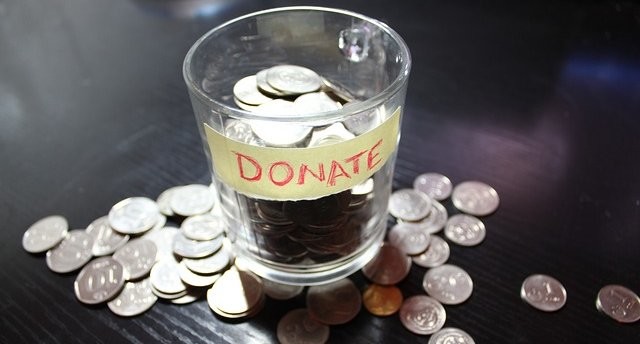
Local donors have an important role in promoting long-term growth and resilience in development and humanitarian relief. However, when the number of local contributors in Africa is low, it might harm national and community development. Some African countries don’t boast as much local donors as others.
Some African nations frequently rely extensively on international help and foreign finance, which to some degree can be mitigated by the influx of local donations.
While foreign aid is important, it can be uneven and vulnerable to geopolitical upheavals and donor preferences. However, local donors are more covenant with the needs and difficulties in their community, and as such are better able to maximize funds contributed.
A small number of local contributors can influence social cohesiveness and community participation. Philanthropy promotes a sense of community and shared responsibility.
When fewer individuals give, there are less possibilities for community members to work together to solve local problems and help one another. This can erode social relationships and impair the efficacy of community-based efforts.
Some local institutions such as non-profits, schools, and healthcare centers frequently rely on donor funds to function well. A small number of local donors might limit the financial assistance available to these organizations, affecting their capacity to provide services and carry out their purposes.
Top 10 African countries with the lowest number of donors
| Rank | Country | Donated money (% of adults) |
|---|---|---|
|
1. |
Morocco |
2% |
|
2. |
Tunisia |
6% |
|
3. |
Lesotho |
8% |
|
4. |
Egypt |
9% |
|
5. |
Botswana |
10% |
|
6. |
Zimbabwe |
11% |
|
7. |
Eswatini |
14% |
|
8. |
Gabon |
15% |
|
9. |
Mali |
16% |
|
10. |
Niger |
16% |









